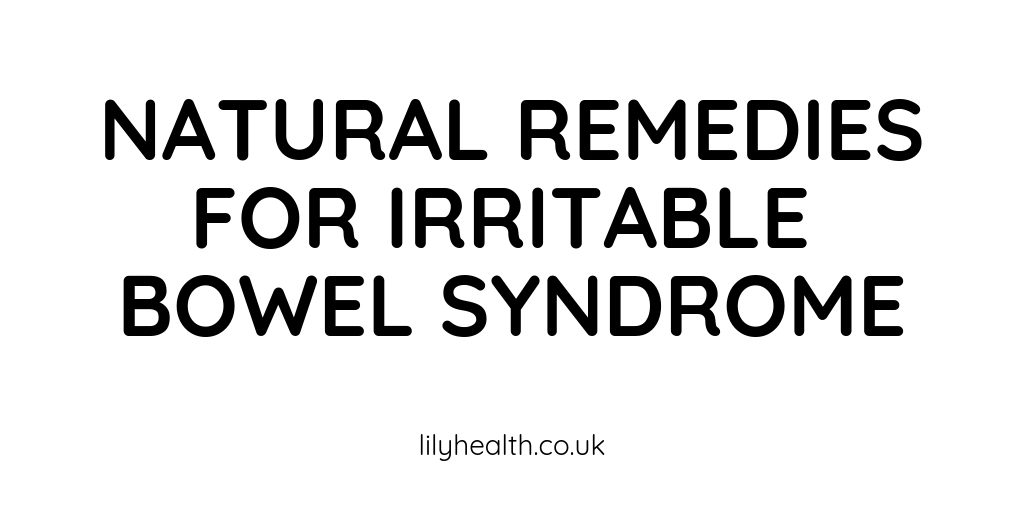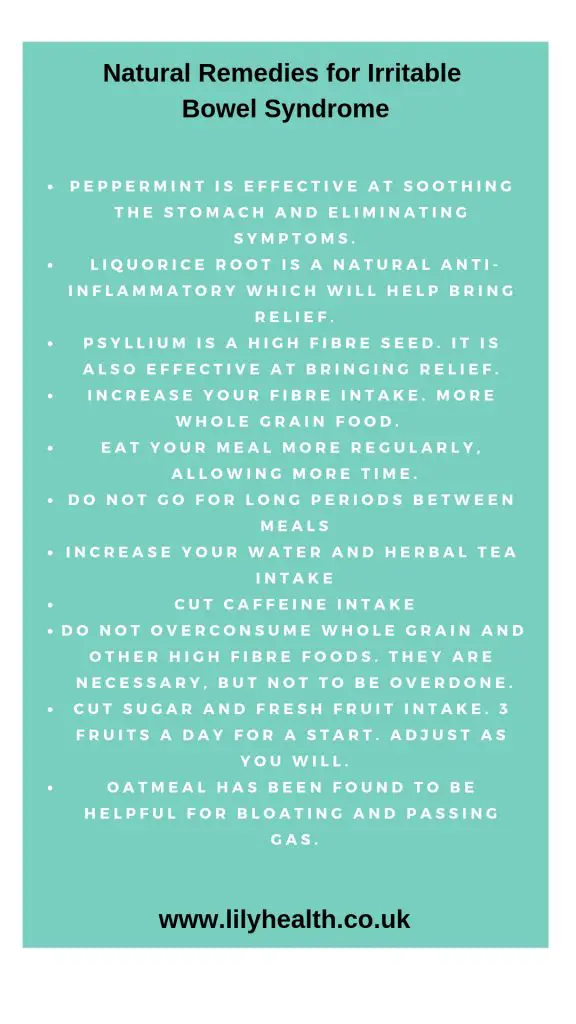What's On This Page
What is IBS?
Irritable Bowel Syndrome manifests as cramps, gas, diarrhoea and constipation. This is one of those conditions that medical practitioners worldwide are still wrestling to wrap their minds around. In the UK, it has a prevalence of 17%. This is spread at 11% among all men and 23% among all women. This works out to about 1 in every 10 men suffering from irritable bowel syndrome and 1 in every 5 women.
I have a friend who loves to travel to watch football matches. He has found himself increasingly restricted in movement due to IBS. It makes him apologetic and uncomfortable around others. It is very sad for someone to endure this from something that is not their own.
Managing IBS largely rests on lifestyle choices. These may be in exercise and, more importantly, diet. Over time you would be able to note a pattern of the food that causes your body to manifest the undesired reactions. There are common food types that are often implicated. These include dairy foods.

Dairy
Dairy foods are digested by an enzyme called lactase. In most cases of IBS, your body is not producing enough of this enzyme to digest the dairy food you eat. This, of course, causes severe irritation to your bowel.
According to Dr Beck, the answer is to eliminate all dairy intake. It is about gauging the amount of dairy that triggers the effects. You have found the sweet spot if you know how much you can eat without triggering this. This would allow you to continue consuming dairy products.
Sugars
Sugar and beans have often been found also to be culprits. As with the dairy products, not all beans are equal. You may find that some kinds of beans trigger an unwanted reaction while others do not. This is something that is found out over time through trial and error.
Fructose, a sugar that is found in a lot of fizzy drinks as well as in most fruit juices, is also a difficult one to process. Sorbitol in your sweets can also be troublesome. If you manifest symptoms, cutting back on these completely for a start is good. You may then start to reintegrate them into your diet slowly. As with dairy products, you are looking for the right amount your body can process.
Fat
I don’t think you need to tell just how much fat is in our diets worldwide. This is more common in developed countries. High-fat intake cause you’re bowel to contract. This usually causes a lot of pain to suffer from IBS. Keeping your total fat intake to less than 30% of your total calorie consumption is advisable.
Natural Remedies
We have already mentioned the importance of watching out for your diet. This cannot be overstated. Eating the right food in the right amounts will go a long way. This will allow you to manage this condition effectively.
- Peppermint in tea or tablets effectively soothing the stomach and eliminating symptoms.
- Liquorice root. Seeing as you may be having to get rid of all your sweets. A bit of liquorice root is a great addition to this. It is a natural anti-inflammatory which will help bring relief.
- Psyllium is a high fibre seed. It is also effective at bringing relief.
- Increase your fibre intake. More wholegrain food.
- Eat your meal more regularly, allowing more time.
- Do not go for long periods between meals
- Increase your water and herbal tea intake
- Cut caffeine intake
- Do not overconsume wholegrain and other high fibre foods. They are necessary, but not to be overdone.
- Cut sugar and fresh fruit intake. 3 fruits a day for a start. Adjust as you will.
- Oatmeal has been found to help bloat and pass gas.

More importantly, keep a food intake journal. Record what you are eating and track how you react to food. This should factor in the time between meals and portion sizes. Consulting a medical professional as often as you require will also go a long way.
Sources
http://www.bjmp.org/content/irritable-bowel-syndrome-primary-care-physicians
https://www.nhs.uk/conditions/irritable-bowel-syndrome-ibs/symptoms/
https://www.bupa.co.uk/health-information/digestive-gut-health/irritable-bowel-syndrome
Leave a Reply